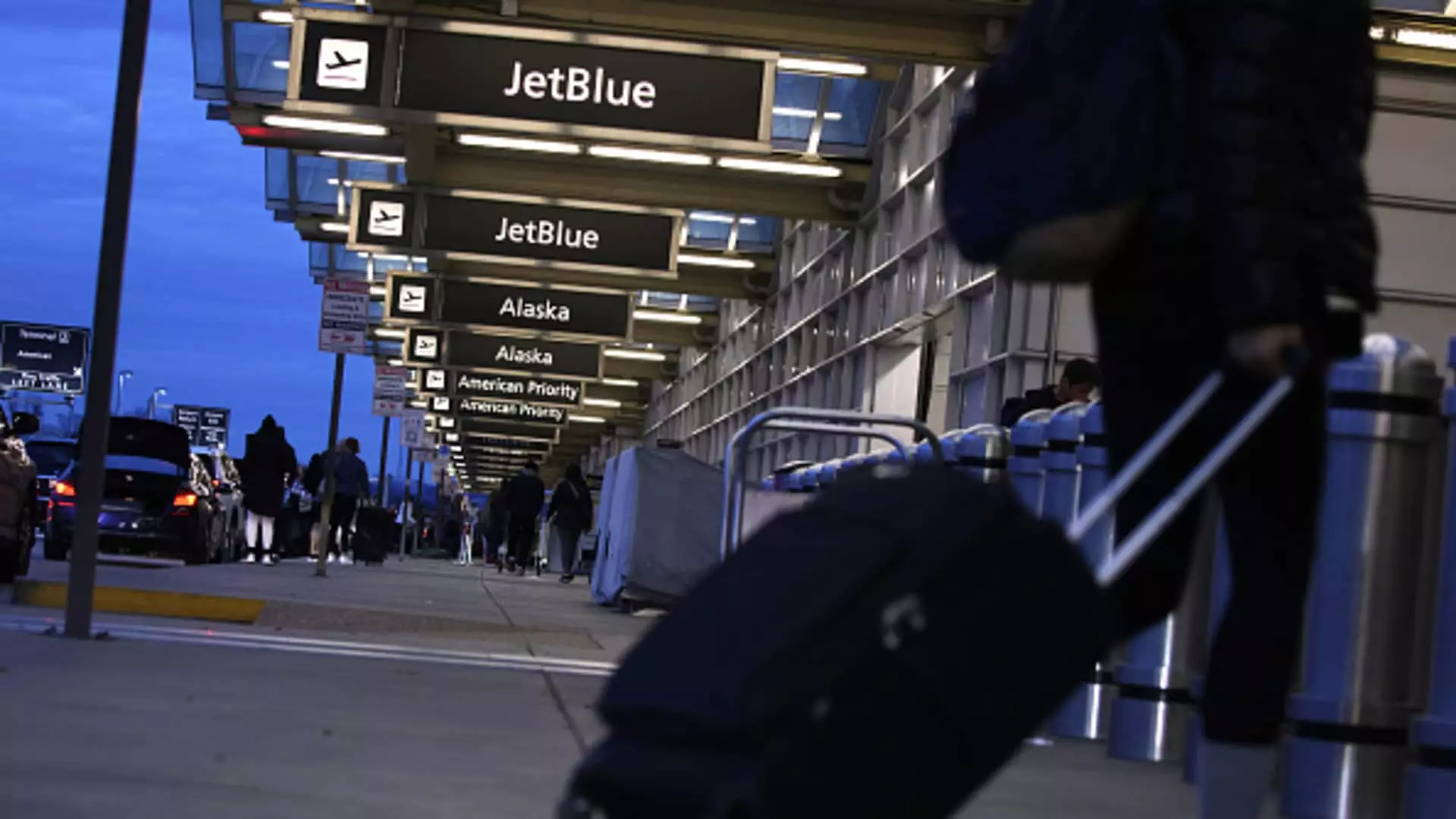In a bid to navigate financial hurdles and improve its revenue streams, JetBlue Airways has recently announced voluntary early retirement packages aimed at selected pilots. This move coincides with their ongoing pursuit of cost-cutting initiatives, including the introduction of new first-class seats. The decision to offer these retirement incentives reflects the airline’s larger strategy of restructuring and revitalizing its operational capacities while confronting challenges such as a Pratt & Whitney engine recall that has led to grounded fleets.
The Air Line Pilots Association (ALPA), representing JetBlue’s pilots, revealed that the window for pilots to express interest in these early retirement packages will be open until February 7. In a noteworthy agreement, pilots may receive compensation amounting to 55 hours multiplied by their hourly wage, up until their federally mandated retirement day or for a maximum of 18 months following the separation agreement. This financial assistance serves not only to ease the transition for those pilots nearing retirement but also aims to align labor costs with JetBlue’s broader financial goals.
For instance, under this agreement, an Airbus A320 captain with 12 years of experience, approaching the age ceiling in December 2027, stands to gain a substantial $416,293.02. In contrast, an Embraer E190 captain with eight years on the job, who will reach the age limit this year, would receive a lesser, yet significant, $160,858.91. These figures underscore how the airline is attempting to balance financial prudence with the welfare of its pilots, ensuring a smooth exit for experienced personnel.
Eligibility for this early departure incentive is restricted to pilots who turn 59 years or older by March 31. The age cap for federally regulated commercial airline pilots is 65, marking a critical threshold that dictates the hiring and retirement practices within the industry. By providing these packages, JetBlue not only supports its aging workforce but also positions itself strategically to bring in younger pilots who may adapt more easily to the evolving demands of air travel.
As JetBlue prepares to disclose its quarterly results, stakeholders are keenly observing how these early retirement measures will impact the airline’s operational framework and overall financial health. Given that the airline industry operates on tight profit margins, the proactive approach taken by JetBlue is indicative of a larger trend among carriers striving for efficiency and adaptability in a rapidly changing marketplace.
While JetBlue has not provided immediate commentary on the initiative, the response to these offers could serve as a pivotal moment in the airline’s operational history. The coming weeks will reveal not only the extent to which pilots accept these early retirement packages but also how JetBlue plans to balance its workforce as it navigates an ever-evolving landscape in commercial aviation.

